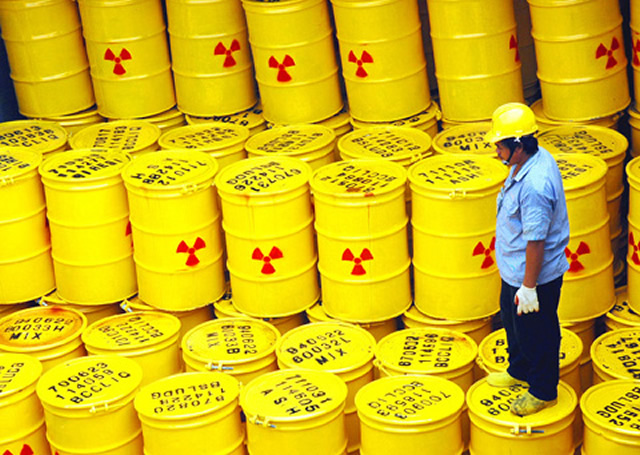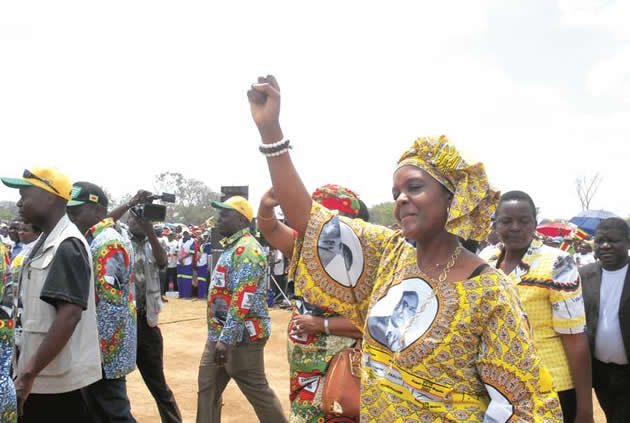Call for national policy on radioactive waste

 Sifelani Tsiko Senior Writer
Sifelani Tsiko Senior Writer
Zimbabwe needs to develop a national policy and strategy for managing radioactive waste to safeguard the public and the environment from undesirable elements of radioactive waste, nuclear safety and security experts say.International Atomic Energy Agency (IAEA) deputy director general in charge of nuclear safety and security, Mr Denis Flory told experts at a meeting recently that strengthening the country’s regulatory framework for radiation safety was critical given the increasing use of nuclear applications.
He said this at a meeting to discuss the Integrated Regulatory Review Services (IRRS) mission findings in Zimbabwe.
The IAEA was supporting the country to develop a regulatory framework for radiation safety.
Zimbabwe, like most other IAEA member states was increasingly making use of radioactive sources in medicine, mining, industry, agriculture, isotope hydrology and scientific research in areas such as treatment of cancer of the cervix, throat and lungs, and non-destructive testing of bridges and other industrial applications.
Nuclear experts say practical application of radioactive materials inevitably generates radioactive waste, which, if not properly managed, presents a potential hazard to occupationally exposed workers, the public and the environment.
The Radiation Protection Authority of Zimbabwe was spearheading activities to address some of the IRRS mission recommendations in the country.
Speaking at the same event, deputy Chief Secretary in the Office of the President and Cabinet, Mr Justin Mupamhanga, pledged to provide support to ensure that the national policy and strategy for safety will be in place by December 2015.
“It is Government’s view that these policies will strengthen the national infrastructure for radiation safety to levels that will give confidence not only to the Zimbabwean populace but to the international community at large,” he said.
“Government will take action to sign and ratify the relevant international instruments and put in place the necessary mechanisms to fulfil the attendant obligations as appropriate.”
At present, Zimbabwe does not have an appropriate framework and infrastructure for managing radioactive waste that meets international requirements.
Mr Mupamhanga said he hoped that a national policy and strategy for the decommissioning of facilities, safe management and disposal of radioactive waste, management of disused radioactive sources as well as other orphaned sources would be in place by 2016.
Nuclear safety experts say exposure to high levels of radiation — above one gray (the standard measure of the absorbed dose of radiation) — can result in radiation sickness, which produces a range of symptoms.
Nausea and vomiting often begin within hours of exposure, followed by diarrhoea, headaches and fever.
At higher levels of radiation, nuclear experts say all of these symptoms may be immediately apparent, along with widespread — and potentially fatal — damage to internal organs.










Comments